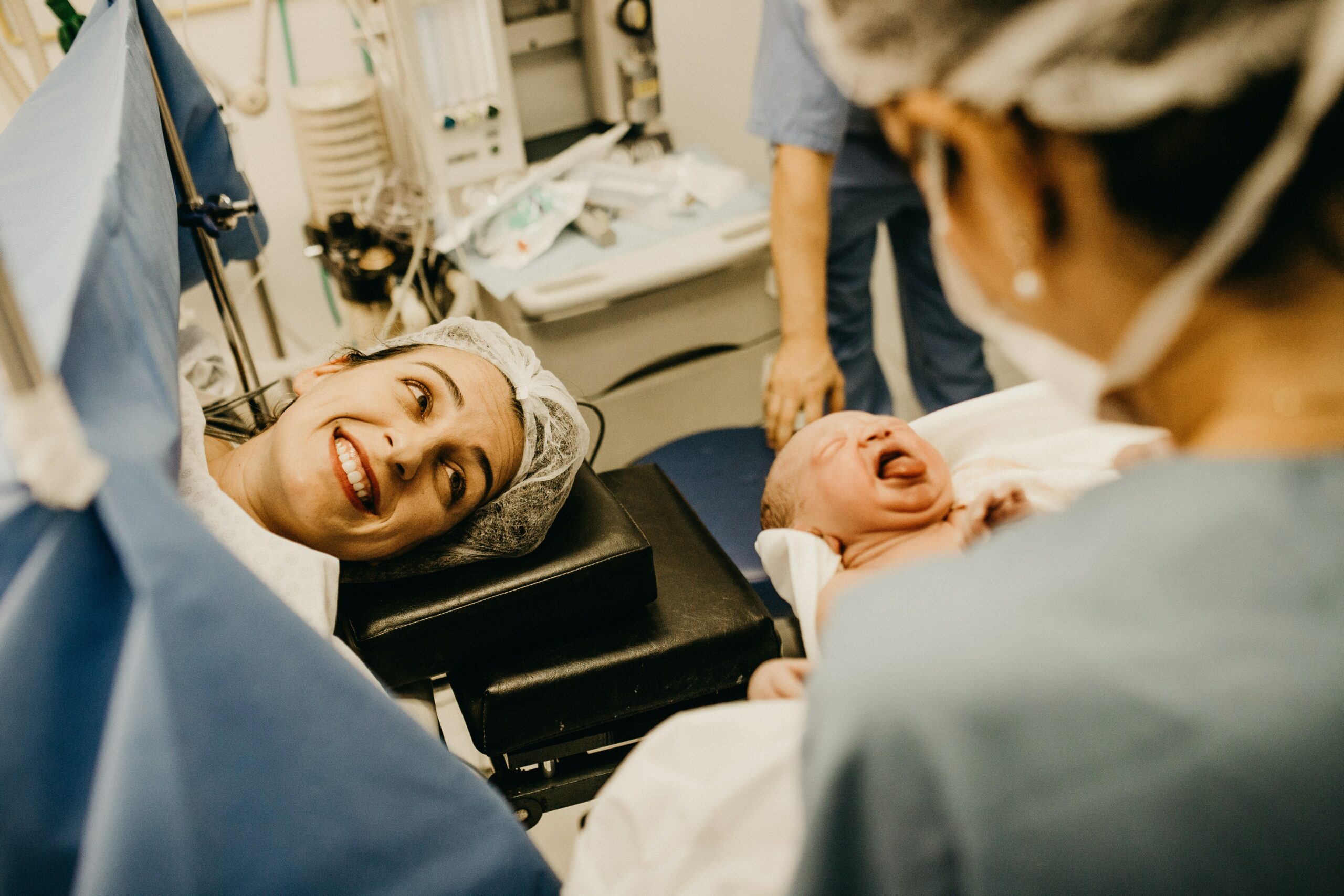Deciding to start a family is one of life’s biggest decisions. For some people, all stars have to align for them to move forward: Finding the right partner, being financially stable, and having a good support system. So if you’ve ticked all the boxes, yet month after month you discover you’re not pregnant despite all your efforts, it can be disheartening.
Why does it seem like everyone around you can get pregnant just by blinking, yet you’re having no luck? Is there anything you can do to boost your fertility?
6 Potential Reasons You’re Not Getting Pregnant
There could be many reasons you haven’t become pregnant despite continued efforts:
1. You haven’t been trying long enough. The reality is that while “accidental” pregnancies do occur, for many couples, it can take up to a year of regular, unprotected sex for conception to happen.
2. You’re not ovulating. There are many reasons why a woman wouldn’t ovulate. These include Polycystic Ovary Syndrome (PCOS), Primary Ovarian Insufficiency (POI), amenorrhea, an unhealthy weight, an underactive thyroid, or excessive exercise.
3. Low sperm count. While women often worry that they are the reason they’re not getting pregnant, about 40% of heterosexual couples who struggle to conceive find out that the male has a low sperm count. The only way to find out if this is an issue is through a semen analysis. If the results confirm a low sperm count, this obstacle could be reversed through lifestyle changes or medical treatment.
4. Endometriosis. Endometriosis is a condition in which the tissue that normally lines a woman’s uterus grows outside of the womb. While it may make it more difficult for a woman to become pregnant, it’s still possible to carry a pregnancy to term.
5. You’re 35 or older. If this is you, don’t freak out yet. There are plenty of women who have successful pregnancies in their mid to late thirties and during their 40s. However, due to a significantly lower egg count than our younger counterparts, conception becomes more difficult.
6. Infertility. A couple will be presumed to have fertility issues if they have not conceived a child within 12 months of routine sex without birth control. About 10% of women in the United States experience infertility.
8 Ways to Increase Your Chances of Getting Pregnant
The only way to know for sure if you’re dealing with a medical issue that’s preventing conception is to visit an OB-GYN for a full evaluation. Once you’ve been cleared of any underlying medical conditions, experiment with these tips to increase your chance of getting pregnant:
1. Chart your basal body temperature. A woman’s basal body temperature (BBT) is her lowest body temperature within a 24-hour period. You can measure it with a basal body thermometer. You’ll have to track your BBT every single day first thing in the morning for several months and keep track of it on a chart. During ovulation, you’ll see a slight spike in your temperature that will remain constant for several days.
2. Maintain a healthy weight. Don’t just rely on what the scale says. To have an accurate reading of healthy weight, measure your body mass index (BMI). Being underweight or overweight can significantly impact the likelihood of becoming pregnant and the success of fertility treatments.
3. Eat healthy foods. You can boost fertility by eating a diet rich in fiber and antioxidants, and low on processed foods and trans fats. While some women prefer to take vitamin supplements, it’s more beneficial to consume nutrient-dense foods, especially when trying to conceive. That being said, it is important to take a folic acid supplement if you’re planning on getting pregnant since it can help prevent birth defects.
4. Drink plenty of water. Proper hydration is crucial for overall health. However, if you’re trying to get pregnant, you have to pay even closer attention to your water intake. This is because drinking enough water is essential for your ovaries to produce healthy eggs and to ensure that your uterus is prime for implantation.
5. Quit smoking. This applies to both the man and the woman since toxins in tobacco are detrimental to fertility in both sexes. Specifically in women, smoking decreases egg quality and increases the chances of cancer, ectopic pregnancy, or miscarriage.
6. Avoid artificial lubrication. Some of the ingredients in popular lube brands may cause sperm to die before reaching the eggs.
7. Pay attention to cervical mucus. Any woman who’s ever paid attention to her vaginal discharge knows that cervical mucus varies in consistency. Sometimes it’s almost liquid, while other times it’s notably thick. Once it reaches the consistency of egg whites, it’s a clear indication of ovulation. As this is the prime time for pregnancy to occur, have lots of sex during this time of your cycle.
8. Visit your OB-GYN. There are many issues to discuss with your OB-GYN if you’re planning to have a baby. This is a good time to bring up any lifestyle issues that may affect the chances of conceiving: diet, smoking, previous use of oral contraceptives or intrauterine birth control, or any underlying health conditions, such as reproductive issues that need to be addressed prior to pregnancy.
If you’re planning on getting pregnant, let us help you.
At OB-GYN Women’s Center, one of our goals is to establish good relationships with our patients. If you’re having difficulty getting pregnant, let’s discuss what you’re experiencing and what your options are.
Contact us to schedule an appointment or call (941) 907-3008. We are happy to assist you.




